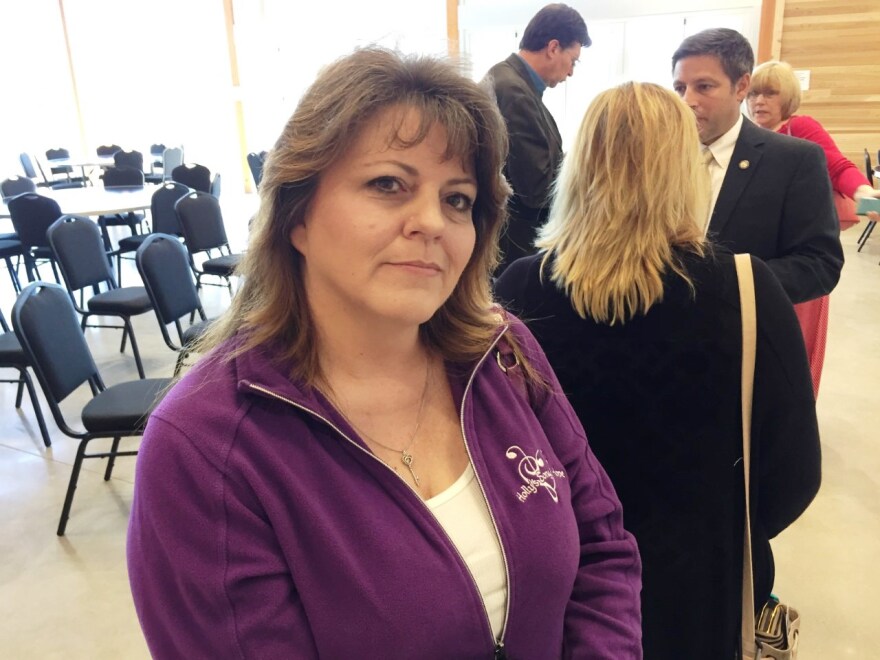As of September 13th, 2016, a person on the scene of a drug overdose in Ohio can call for help without fear of being arrested themselves on minor drug charges.
“Good Samaritan Law”
On the cusp of the new law going into effect statewide, there was a gathering in Green to call attention to it. The meeting was a coming together of lawmakers, law enforcement officers, first responders; and families touched by fatal overdoses.

Cultivating relationships
Tonda DaRe lost her 21-year-old daughter to heroin. She’s been trying to help addicts ever since, directly, and through an organization she founded in her daughter’s name: Holly’s Song of Hope. She says the new law can save lives. But, it will take the front-line, face-to-face workers against addiction to get the word out. “Any time you use a mind-altering substance, paranoia comes with it. And, those in active use have a tendency to believe the cops are out to get them. Those of us who have been lucky enough to form those bonds of trust, we need to get out there to say: ‘no, this is real.’ ‘It’s not a trick, and you can help us save lives.’
Limited immunity
The new law grants immunity for things like simple possession—major offenses, like drug dealing, will still be prosecuted.

Two parts
A co-author of the bill, State Representative Robert Sprague of Findlay, said it will do that by making calls for help more likely. But, it also sets up an important next step in the process of fighting addiction. “The second piece that’s really important about this law is that we have broken down the barrier between law enforcement and the EMS personnel. They can share information about who is having an overdose, so that we can follow up and connect them with treatment. So, not only are we trying to save their lives in the moment, but really connecting people with treatment so they can enter recovery.”
National trend
Thirty seven other states and the District of Columbia have similar laws on the books.





